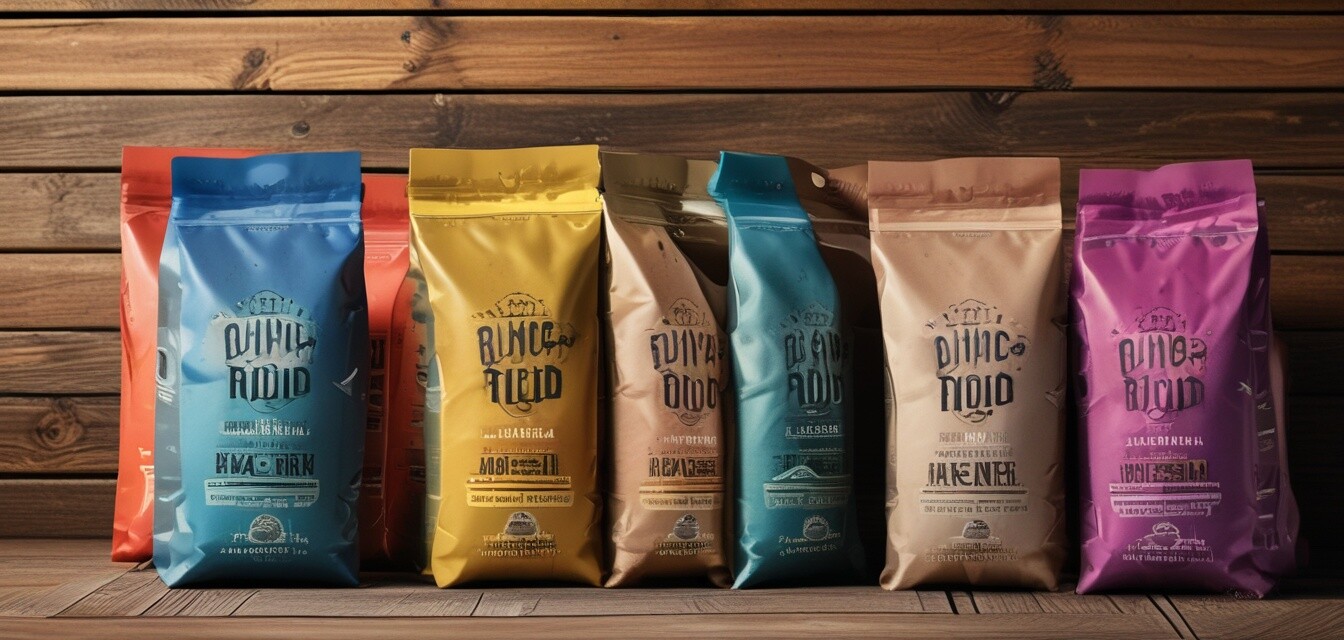
Top Limited Ingredient Dog Foods for Picky Eaters
Key Takeaways
- Limited ingredient dog foods are great for dogs with allergies or sensitivities.
- Picky eaters benefit from simpler ingredient lists.
- Look for high-quality proteins and essential nutrients.
- Price varies based on brand and quality, so consider your budget.
- Many brands offer both dry and wet food options.
Feeding your furry friend can sometimes be a challenge, especially if they are a picky eater or have specific dietary needs. Limited ingredient dog foods provide an excellent solution for such picky pups. They typically contain fewer ingredients, making it easier to identify potential allergens and cater to sensitive stomachs. In this guide, we will review the best limited ingredient dog food options ideal for picky eaters, focusing on key factors such as ingredients, nutritional benefits, and brand reputation.
What is limited ingredient dog food?
Limited ingredient dog food is specially formulated to contain fewer ingredients than standard dog food. This approach is particularly beneficial for dogs with certain food sensitivities or allergies, allowing pet owners to closely monitor their dog’s diet without the risk of unwanted ingredients.
Benefits of limited ingredient diets
- Reduces the risk of allergic reactions
- Simpler ingredient list makes it easier for sensitive dogs
- Usually higher quality protein sources
- Helps with digestion in dogs prone to stomach issues
Factors to consider when choosing limited ingredient dog foods
When selecting the best limited ingredient dog food for your picky eater, consider the following factors:
1. Quality of Ingredients
Always look for brands that prioritize high-quality ingredients. Real meat should be the first ingredient listed, followed by wholesome vegetables and grains.
2. Nutritional Balance
Ensure that the dog food provides balanced nutrition, including essential vitamins and minerals. A good food should meet AAFCO standards for complete and balanced nutrition.
3. Flavor
Picky eaters may be more inclined to enjoy flavors they're familiar with. Consider trying different animal protein sources to see which your dog prefers.
4. Brand Reputation
Research the brands you are considering to make sure they have a good reputation in the pet supply industry. Look for customer reviews and recommendations from veterinarians.
5. Price
While price may often reflect quality, it's essential to find a product that fits your budget. Limited ingredient options can range widely in costs.
Comparison of popular limited ingredient dog food brands
| Brand | Key Ingredients | Proteins | Price Range |
|---|---|---|---|
| Brand A | Chicken, Peas, Potatoes | Chicken | $50 - $60 |
| Brand B | Salmon, Sweet Potatoes, Carrots | Salmon | $40 - $55 |
| Brand C | Beef, Lentils, Pumpkin | Beef | $45 - $70 |
| Brand D | Duck, Apples, Brown Rice | Duck | $55 - $75 |
How to transition your dog to a limited ingredient diet
Making the switch to a new dog food should be done gradually to reduce any potential digestive upset:
- Start by mixing a small amount of the new food with your dog's current food.
- Gradually increase the proportion of new food over a week to ten days.
- Monitor your dog for any signs of allergic reactions or digestive issues.
Tips for feeding picky eaters
Feeding tips for picky eaters
- Serve the food at room temperature, as this can enhance the smell.
- Try adding a bit of warm water to wet food to create an enticing aroma.
- Limit the number of treats or snacks to encourage them to eat their meals.
- Consider rotating flavors to keep the meals interesting.
Final thoughts
Finding the right limited ingredient dog food for your picky eater may require some experimentation. Keep in mind the quality of ingredients and the nutritional needs of your dog as you shop. With a little patience, your canine companion can enjoy a diet that not only satisfies them but supports their overall health as well.
Pros
- Less risk of food allergies
- Higher quality ingredients
- Improved digestion
- Variety of flavors available
Cons
- Can be more expensive than regular dog food
- Limited availability in some areas
- Some dogs may take time to adjust
For more insights on pet supplies, explore our other guides, such as Pet care tips and News and trends. And don't forget to check out our wide selection of Dog foods to find the perfect option for your furry friend!